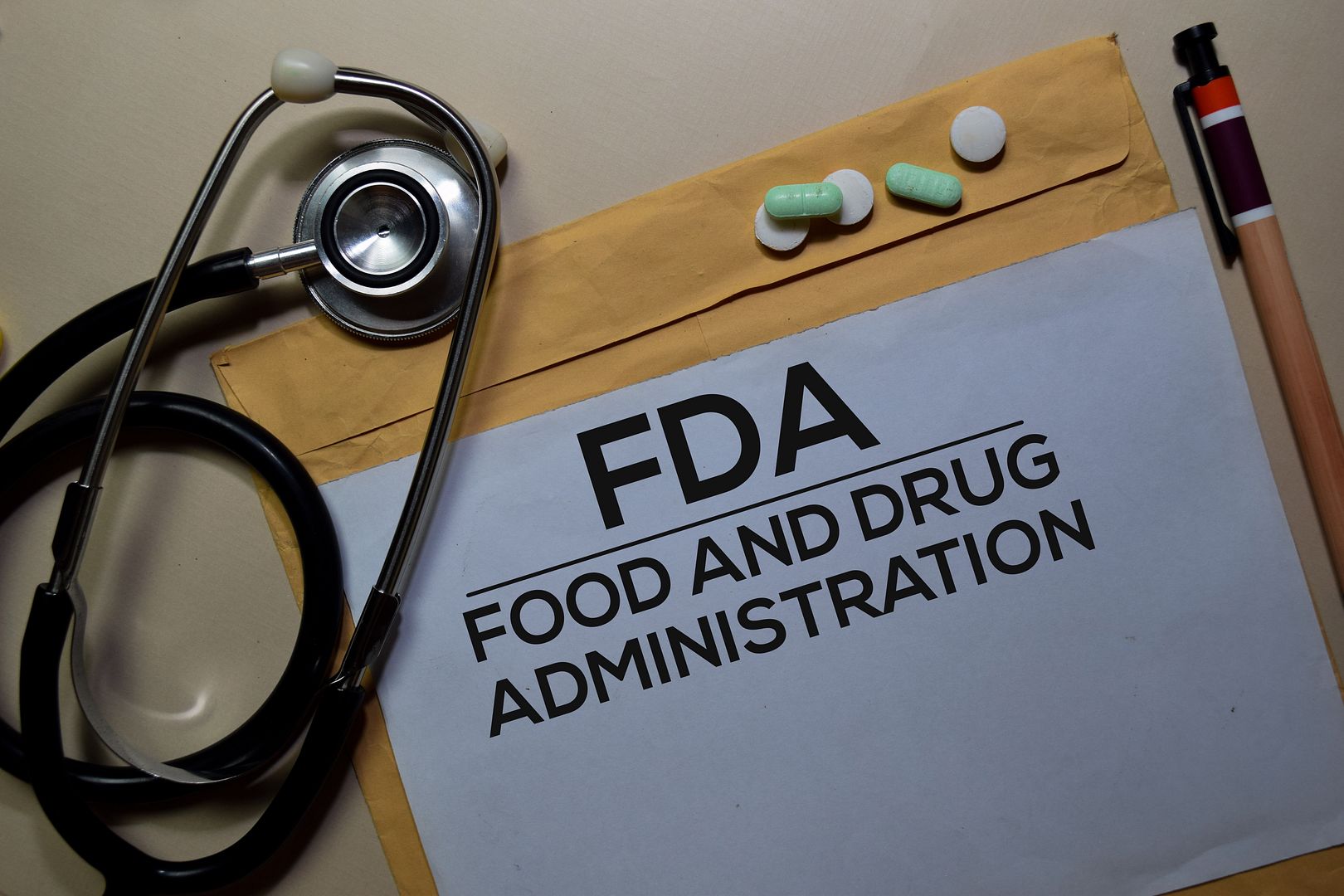FDA, in Initial Review of NurOwn for ALS, Finds Data Lacking
Written by |

Existing safety and effectiveness data from a Phase 3 clinical trial of NurOwn — an investigational cell-based therapy for amyotrophic lateral sclerosis (ALS) — are not sufficient to support the therapy’s approval, the U.S. Food and Drug Administration (FDA) concluded in an initial review.
According to the regulatory agency, data submitted by BrainStorm Cell Therapeutics do not yet meet the threshold requirements of clinical evidence for approval of a biologics license application (BLA). Nevertheless, these findings do not prevent the company from submitting a BLA requesting NurOwn’s approval, the FDA added.
The company is weighing the best next steps to take.
“Brainstorm will first consult with principal investigators, ALS experts, expert statisticians, regulatory advisors, and ALS advocacy groups to assess the benefit/risk of a BLA submission before making a final decision,” Chaim Lebovits, Brainstorm’s CEO, said in a press release.
“We want to thank our independent advisors for their candor and unwavering commitment to our ALS program. We also would like to give a heartfelt thank you to all ALS patients and their families that were involved in this clinical research program,” Lebovits said.
NurOwn uses a patient’s own mesenchymal stem cells (MSCs), which give rise to multiple types of cells, to promote nerve cell repair.
After being isolated from a patient’s bone marrow, MSCs are grown in the lab and converted into cells that produce a large amount of s neurotrophic factors, compounds known to promote nerve cell growth and survival. These mature cells are then returned to the patient through an injection directly into the spinal canal.
The FDA’s conclusion was based on available data from a recently completed Phase 3 trial (NCT03280056) evaluating NurOwn’s safety and effectiveness in 189 people with rapidly progressing forms of ALS.
Top-line trial data showed that NurOwn was not statistically superior to a placebo at slowing ALS progression in the overall population of patients, failing to meet the study’s main effectiveness goal.
But in a subset of patients at an earlier disease stage, NurOwn was able to slow ALS progression in a higher percentage of treated patients than those on placebo (34.6% vs. 15.6%). These differences were not statistically significant, but they were considered clinically meaningful.
“Many of us with longstanding experience in ALS therapy development agree that there was evidence of benefit from NurOwn cell therapy and hope that there will be an opportunity for further assessment of this modality in ALS,” said Robert Brown, MD, director of the Program in Neurotherapeutics at the University of Massachusetts Medical School.
Biomarker data from the trial also showed that levels of neurotrophic factors increased with NurOwn treatment, consistent with its mechanism of action, and levels of several inflammatory and neurodegenerative markers were lower — changes not seen in placebo group patients.
“The clear signal in this trial that some patients with ALS respond to treatment with NurOwn is a light at the end of the tunnel. The careful study of biomarkers associated with response will help lead us forward towards a broadly effective therapy,” said Anthony Windebank, MD, a professor of neuroscience at the Mayo Clinic College of Medicine and Science.
Brainstorm now plans to finish with analyses of all study data, followed by the publication of trial findings in an international journal.
“We will complete all ALS Phase 3 study analyses to support scientific communication of the phase 3 data, including a peer-reviewed manuscript,” said Ralph Kern, MD, president and chief medical officer of Brainstorm.
“The results of the Phase 3 clinical trial are very important, and we are confident that the analysis of key ALS disease biomarkers will contribute to our understanding of ALS,” Kern said.





